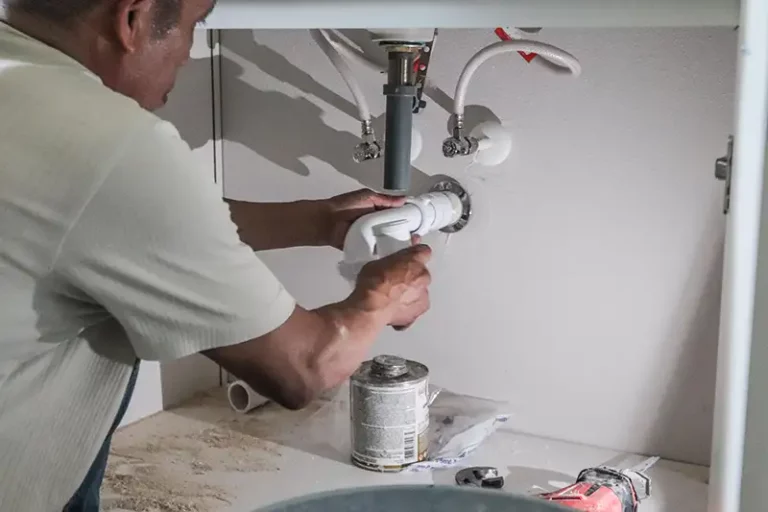In the modern landscape of industrial quality assurance, ensuring safety and efficiency is paramount. One crucial aspect is managing leaks which can lead to catastrophic failures in various systems. This is where a battery backup leak alarm plays a critical role in safeguarding operations and infrastructure. These alarms are essential for environments where water damage can interrupt procedures, leading to significant financial loss and maintenance challenges.
Focusing on uninterrupted availability, a battery backup leak alarm stands as a guardian against unexpected leaks during power outages. As these devices operate independently of external power sources, they are always ready to sound an alert, ensuring that potential hazards are swiftly dealt with. This reliability is crucial in settings like manufacturing hubs, chemical plants, or data centers where even a minor leak can escalate into a significant issue.

Why is a Battery Backup Leak Alarm Essential?
Understanding why these alarms are indispensable involves recognizing their capability to protect facilities from the dire consequences of water leaks. Given the unpredictability of electrical systems, relying solely on grid power for leak detection can be risky. Therefore, having an alternative power source mitigates these risks significantly.
Moreover, advanced features in todays systems have transformed basic leak detectors into integral components of industrial QA strategies. The pipe burst detection technologies and long battery life leak detectors have enhanced their scope, making them versatile in a variety of applications.
How Battery Backup Leak Alarms Operate
At the heart of a battery backup leak alarm is a sophisticated sensor system capable of detecting moisture or chemical imbalances in the environment. These alarms utilize a network of sensors placed strategically throughout a facility to sense potential leaks promptly. Once moisture is detected, the alarm is triggered, sending alerts to the relevant personnel who can then initiate a prompt response.
Technological advancements have integrated smart systems that can communicate within integrated facility management systems, ensuring instant response and coordination for damage control. For those keen on understanding the technology further, explore insights on flood detection devices as they showcase advanced detection tactics.
Advantages in Various Industries
The impact of a battery backup leak alarm spans across various industries. For instance, the healthcare sector benefits immensely from minimized disruptions in operations, ensuring the safety of sensitive equipment and medical supplies. Similarly, industries that deal with hazardous materials rely on rapid leak detection to prevent environmental contamination and ensure compliance with safety regulations.
Companies like The Connected Shop frequently highlight the necessity of integrated leak detection systems in maintaining operational continuity and safety.
Incorporating Battery Backup Leak Alarms
For industries considering the integration of these systems, partnering with trusted manufacturers and providers is crucial. They offer not only product expertise but ongoing support and customization suited to specific industry needs. Expert installation and regular maintenance plans further guarantee the efficiency and reliability of the leak detection systems.
Adopting these solutions aligns with modern green initiatives as they generally consume low power and offer environmentally responsible options for safety management.

FAQ Section
What is the primary function of a battery backup leak alarm?
Its primary function is to detect leaks even during power outages, providing uninterrupted safety alerts which are essential for immediate response and damage control.
How do these alarms contribute to industrial quality assurance?
They ensure continuous monitoring and prompt alerts in the event of leaks, minimizing downtime and protecting equipment from water damage, thereby supporting industrial quality assurance standards.
Can battery backup leak alarms be integrated with existing systems?
Yes, many modern systems offer compatibility with existing infrastructure, allowing for seamless integration and coordinated safety management.
For further reading on the benefits of these systems, visit Econet Shop to explore their advantages and practical applications.






